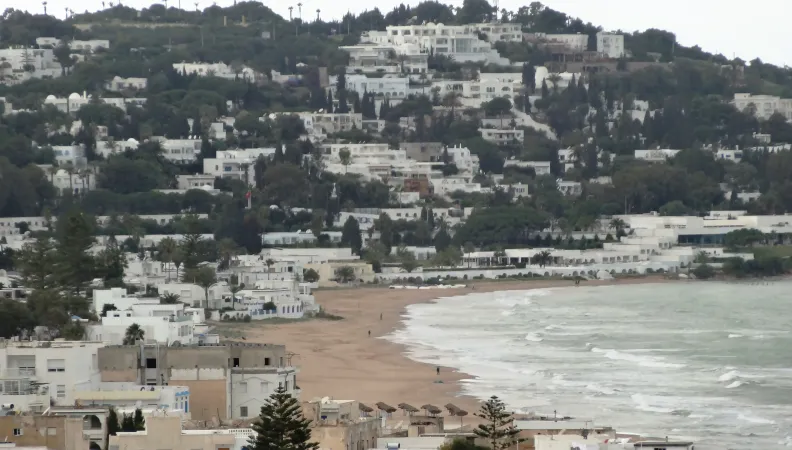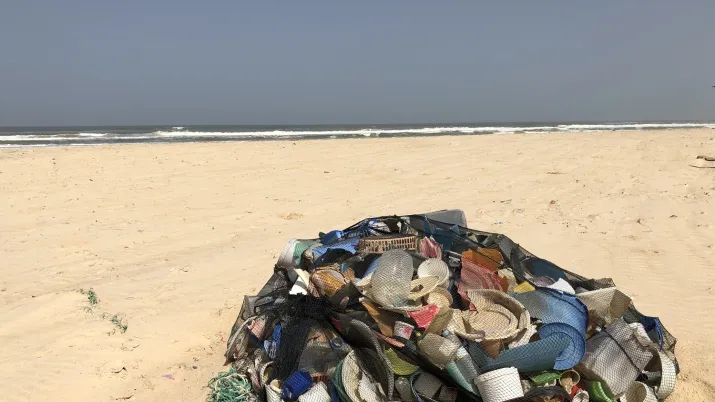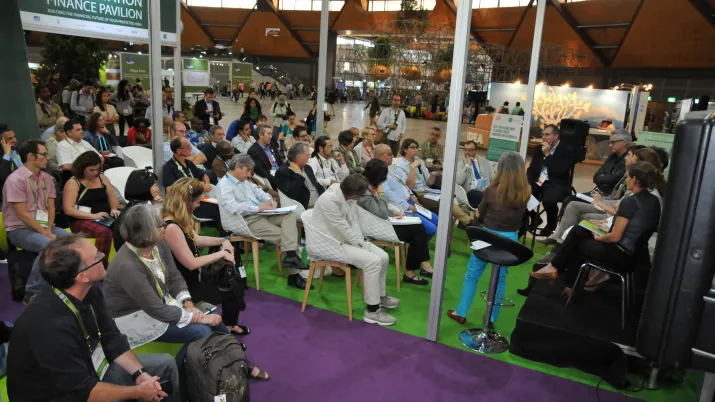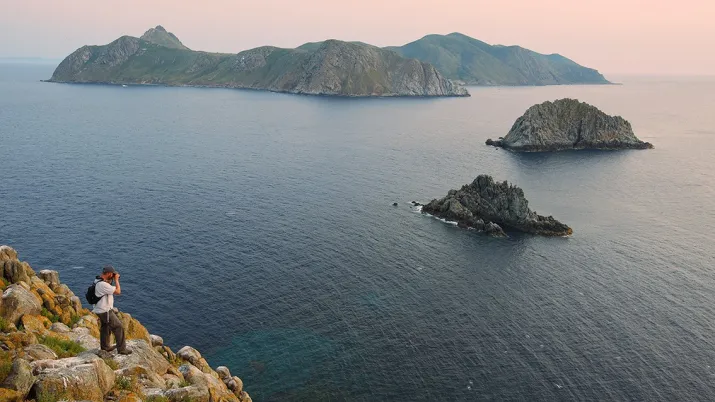Share the page
Exemplary Management of Coastal, Island, and Marine Areas in the Mediterranean
Project


-
Project start date
-
Status
Completed
-
Estimated date of project termination
-
-
Project financing date
-
-
Financing duration
-
4 years
-
Type of program
-
FFEM
-
Global financing amount
-
€ 7 756 136
-
FFEM financing amount
-
€ 1 948 606
-
Project lead member institution(s)
-
Ministère de la Transition écologique et de la Cohésion des territoires
-
Country and region
-
Albania
-
Location
-
Ankara
-
Type of financing
-
Partners
-
The French Coastal Protection Agency, MAVA Foundation for Nature, Prince Albert II of Monaco Foundation
-
Beneficiaries
-
Association MedPAN, Conservatoire du littoral, WWF Mediterranean
Rendre les espaces sensibles littoraux, marins et insulaires des modèles de gestion intégrée de zones côtières (GIZC) et des modèles de financement durable, au bénéfice des populations locales et des écosystèmes marins et côtiers de la Méditerranée.
Context
The implementation of Integrated Coastal Zone Management (ICZM) policies and concrete actions through this project—focused on outstanding Mediterranean areas such as Marine Protected Areas (or those under protection), islands, and adjacent coastal zones—contributes to strengthening sustainable management practices and reducing the long-standing tensions between "development" and "conservation."
Ultimately, the exemplary management practices developed on these sites are expected to be replicated in other territories and serve as a basis for adapting national coastal policies in Mediterranean countries, in line with the Barcelona Convention and its protocols on “Specially Protected Areas and Biological Diversity” and “Integrated Coastal Zone Management.”
The project's support for the designation of several sites as Marine Protected Areas allows the FFEM to contribute to the achievement of the Aichi Target.
Description
The project identifies and supports pilot sites—Marine, Coastal, or Island Protected Areas in the Mediterranean—that either already have official protection status or are in the process of being designated. Each site is selected to illustrate at least one of the major challenges faced by Mediterranean territories, such as tourism, fisheries and marine management, economic development, zoning of protection levels, management planning, or monitoring systems.
The objective is to strengthen the management and protection of these areas and promote the exchange of experiences based on practical, pilot cases recognized at the Mediterranean level. One of the project’s key strengths is its strong institutional integration.
The project is structured around four components and several activities:
- Development of ICZM (Integrated Coastal Zone Management) mechanisms and sustainable financing at pilot sites, along with a small grants scheme.
- Engagement of policymakers and stakeholders in Marine and Coastal Protected Areas, and capitalization and dissemination of experiences.
- Knowledge improvement and capacity building.
- Coordination, monitoring, and governance.
Outcomes
- The management of several pilot sites in Tunisia, Algeria, Albania, Libya, Turkey, and Morocco has been strengthened through an Integrated Coastal Zone Management (ICZM) approach and sustainable financing strategies. In addition, several small-scale projects led by Marine Protected Area (MPA) managers are being implemented and financed through a Small Grants Scheme.
- Policymakers and stakeholders involved in Marine and Coastal Protected Areas in the Mediterranean are actively engaged in ICZM processes and in establishing sustainable financing mechanisms for biodiversity conservation. Managers of coastal, insular, and marine protected areas, along with their partners, now have the knowledge and capacity to actively participate in integrated management and sustainable financing of their sites.
- Effective coordination and strong synergy between project partners—MedPAN Association, Conservatoire du Littoral, and the WWF Mediterranean Partnership—have been ensured. Collaboration among partners is maximized, and continuity in the governance of both the MedPAN network and the Small Mediterranean Islands Initiative (PIM) is guaranteed.





